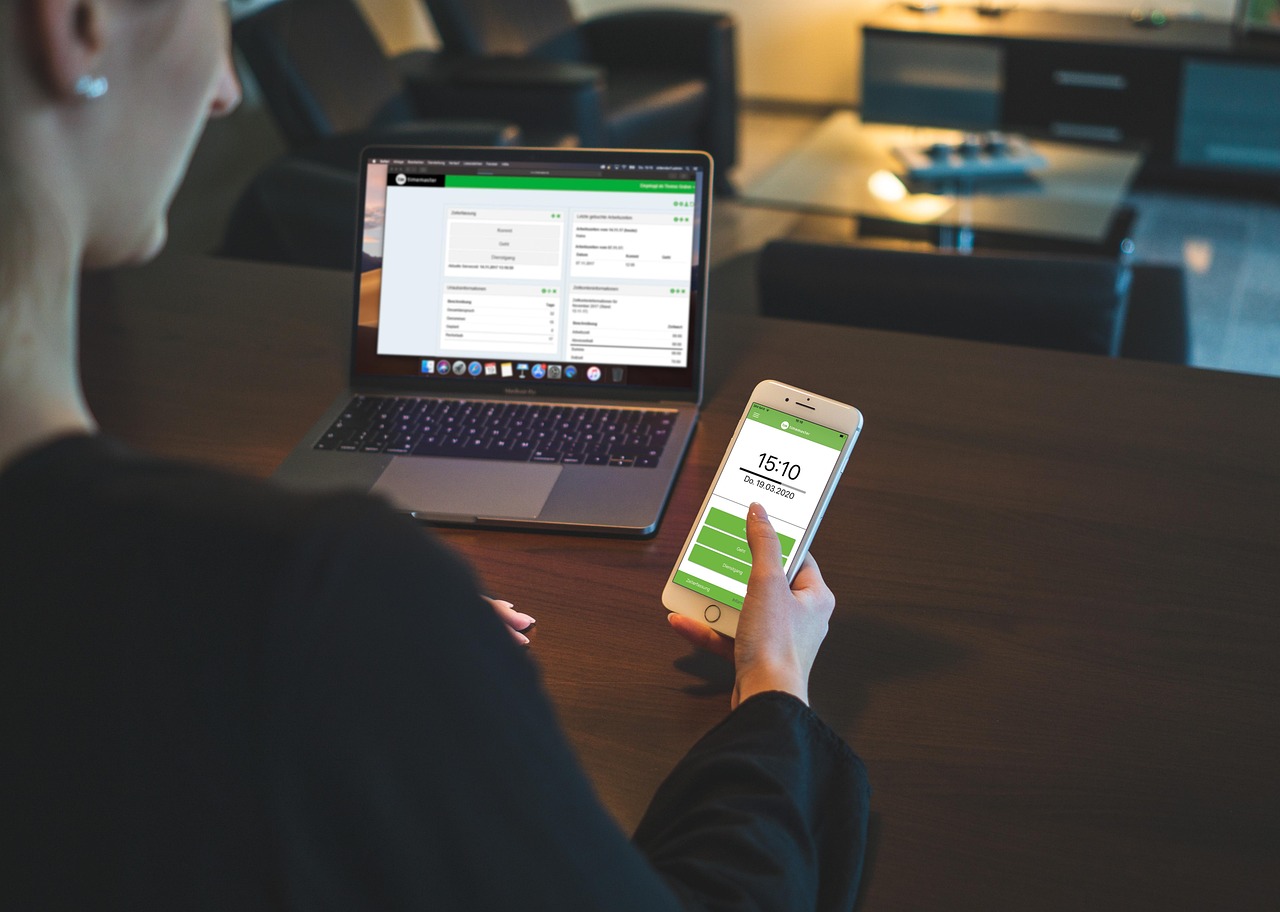Time Management for Students: How to Balance Studying, Socialising, and Sleep
Life at uni is loud, brilliant, confusing and exhausting all at once. One minute you’re scribbling notes before a seminar, the next you’re arranging brunch plans and wondering how you will ever be rested again.
Good student time management isn’t about squeezing every minute into a study schedule. It’s about building a routine that helps you get the stuff done that matters, all while keeping the things that make uni fun.
This guide has practical student routine ideas you can actually use. No jargon, no productivity cult talk, just real steps and examples to help you perfect study, social, and sleep balance.
1. Understand Where Your Time Goes
Before you overhaul your life, do one simple thing for a week. Track a typical week. Not in a big journal, just a quick log of where your time goes for a few days. Use your phone notes, a spreadsheet or a tracking app. You should write down uni hours, commutes, meals, scrolling sessions, part-time work and sleep.
You will spot obvious drains. Maybe social media is a two-hour sink between lectures, or you’re doing tiny chores during prime study time that you could batch later. Awareness is everything. Once you know how you currently spend time, you can make small swaps that add up.
Quick Example
A typical weekday might look like this:
- 8:00 Wake up, breakfast, check messages - 90 mins
- 9:00 Lecture - 120 mins
- 11:00 Library study - 90 mins
- 13:00 Lunch and 30 minutes of scrolling
- 14:00 Seminar - 60 mins
- 16:00 Part-time shift - 150 mins
- 19:00 Group project meeting - 30 mins
- 21:00 Netflix and sleep - 45 mins
On weekends, you might spruce it up a little with brunch, gym, two hours of coursework, pub with friends, late night.
Did you spot any patterns? Usually, weekdays are tight and useful study time gets eaten by evening fatigue. Weekends are social, but you can sprinkle in quick study sessions earlier to free up Friday night.
Prioritise Like a Pro
Not everything is equally important. Try the urgent versus important test. If a task affects your grade or well-being, it’s important. If it has a tight deadline, it is urgent. Aim to do the important things before they become urgent.
If you like frameworks, the Eisenhower Matrix is handy and simple. Make four boxes in a note: Do now, Schedule, Delegate or Ditch. Most tiny tasks live in Schedule or Ditch.
As a student, this might look something like this:
- Do Now: Essays and revision
- Schedule: Organising social plans
- Delegate: Come up with a chores schedule with your flatmates
- Ditch: Sacrifice a doom scroll on TikTok one evening

Create a Flexible Routine
Rigid plans rarely survive student life. Instead, time-block the big things and leave wiggle room around them. Block study sessions when you know you focus best, slot classes and lectures in as fixed commitments, and protect a weekly social hour so you don’t feel guilty about it.
Tools to Help:
- Google Calendar for time blocking and reminders
- Notion or a simple to-do app for project overviews
- Forest for focus sprints if you are easily distracted
Aim for consistency, not perfection. For example, book three 90-minute study blocks on weekdays, two gym sessions and two evenings free for friends. If a night out pops up, move one study block earlier in the day and keep the balance.
Make Time for Mates Without Falling Behind
Socialising is part of uni life, and it boosts wellbeing and memory. Build it into your schedule so it does not feel like a bolt-on. Here are some student routine ideas for you to try:
- Buddy study sessions in the library. Work for 45 minutes together, then chat for 15.
- Coffee catch-ups during low-energy hours, for example, mid-afternoon, so you don’t trade prime study time for social time.
- Plan one big social event per week, and keep the rest small. That way, social life stays rich but manageable.
At aparto, communal lounges and organised events make catching up quick and easy. You can meet people in the building, have a pre-planned movie night, or join a study club, all without travelling across town. That saves time and keeps you connected.
Build in Breaks and Downtime
Breaks are not wasted time. Your brain works best with cycles of focused effort and rest and are essential for preventing academic burnout. Try the 50/10 rule, or work in 25-minute Pomodoro sprints with 5-minute breaks and a longer pause after four sprints.
Active breaks are gold. Stretch, take a short walk, make a quick snack or message a mate. Avoid doomscrolling during every break. If you need help staying off your phone, try an app that greys out distractions for set periods.
Make Sleep Non-Negotiable
Sleep is not optional. It’s the secret sauce of learning, mood and energy. Most students do better with a consistent sleep window, even if the exact time varies by a couple of hours.
Aim for regular bed and wake times, avoid big screens right before sleep and keep your room calm. If you live in a busy area, a private room and quiet living policy can make a massive difference to how quickly you fall asleep and how rested you feel.
At aparto, we offer quiet zones and private rooms that help you switch off. If you’re in a shared flat, discuss and agree on simple quiet hours with your flatmates during exam seasons so everyone can rest properly!
Use Your Environment Wisely
Your building can be one of your biggest allies. Look around and use what is available. On-site study rooms, bookable group rooms and late opening lounges help you pick the right spot for the task.
Want to focus? Use a silent study room. Need group work? Book a meeting room with a whiteboard. Fancy a quick workout to break the day? Head to the on-site gym. These facilities cut travel time and reduce the friction of switching between tasks.
If your building runs events, go to a few. They’re an easy way to make friends and feel part of a community, without sacrificing a whole evening to social life. Those friendships also become accountability partners when things get busy.
Stay Accountable and Review
Time management for university students is a skill that improves with practice. At the end of each week, take 10 minutes to reflect. What worked, what did not and what will you change next week?
Simple habit tracking helps. Track how many study blocks you actually completed, how many nights you slept well and whether you attended social plans you enjoyed. Small wins are motivating. If you hit a bad week, be kind to yourself and adjust rather than beating yourself up.
A Quick Practical Plan You Can Steal
Weekday routine
- 8:00 Wake, breakfast
- 9:00 Lecture
- 11:00 Focused study block
- 13:00 Lunch and short walk
- 14:00 Lab, seminar or part-time work
- 17:00 Gym or chill time
- 19:00 Light study or group project
- 21:00 Free time, relaxed wind down and bedtime routine
Weekend routine
- Late start, brunch with friends
- One 2-hour study block mid-morning
- Social plans or an event in the afternoon
- Light revision in the evening and early night if needed for an exam week
Remember, the goal is balance, not perfection. If you have a big deadline, you’ll temporarily tilt your routine. The trick is to return to balance afterwards.
Conclusion
Time management is a skill, not a magical trait you either have or don’t. Start small, track what you do, protect sleep and schedule the things that matter, and don’t be afraid to use tools that fit your life.
Managing your time well starts with living in a space that supports every side of student life. From quiet zones and study spaces to on-site gyms and social events, aparto helps you stay balanced, focused and fulfilled. Book a viewing or explore our locations to find the right fit for your student routine today.




